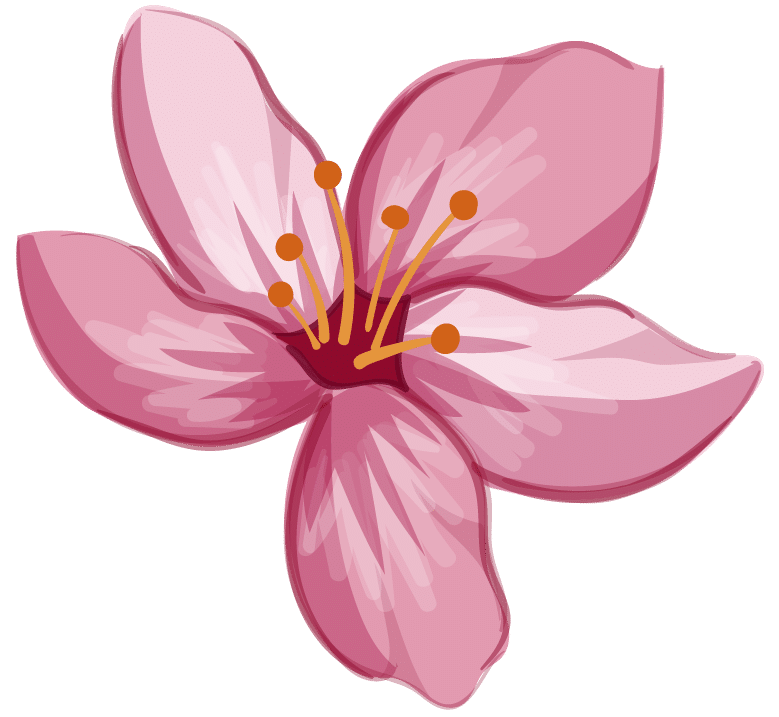Writing poetry is a beautiful and expressive art form that allows us to share our thoughts, emotions, and experiences with the world. However, even the most seasoned poets can sometimes find themselves facing a daunting challenge: writer’s block. This frustrating phenomenon can leave us staring at a blank page, struggling to find the right words. But fear not, for in this article, we will explore various strategies and techniques to help you overcome writer’s block and unleash your poetic genius.
Understanding Writer’s Block
Before we delve into the solutions, let’s take a moment to understand what writer’s block actually is. Writer’s block is a creative slowdown or a mental barrier that prevents poets from producing new work or progressing with their existing pieces. It can manifest in various ways, such as a lack of inspiration, self-doubt, or a feeling of being stuck. But rest assured, writer’s block is a normal part of the creative process and can be overcome with the right mindset and approach.
Embracing the Creative Process
To overcome writer’s block, it is essential to embrace the creative process and understand that it is not always linear. Inspiration can strike at unexpected moments, and ideas can flow freely or be elusive. Instead of forcing yourself to write, take a step back and allow yourself to observe and absorb the world around you. Engage in activities that stimulate your creativity, such as reading poetry, exploring nature, or listening to music. By immersing yourself in art and beauty, you open yourself up to new possibilities and fresh perspectives.
Freewriting and Brainstorming
One effective technique to overcome writer’s block is freewriting. Set aside a specific time each day to sit down with pen and paper or in front of your computer and write without any constraints. Let your thoughts flow freely, without worrying about grammar, structure, or coherence. Write whatever comes to mind, even if it seems unrelated or nonsensical. This exercise helps to loosen up your mind and break through mental barriers, allowing your creativity to flourish.
Another helpful strategy is brainstorming. Start by jotting down keywords or phrases related to your intended topic or theme. Then, build upon these ideas by creating mind maps or lists. Engage in a free-flowing stream of consciousness, exploring different angles and perspectives. By visually organizing your thoughts, you can unlock hidden connections and spark new ideas for your poetry.
Seeking Inspiration from Other Poets
Poetry is an art form that thrives on inspiration. Turn to the works of other poets who resonate with you and explore their writing styles, themes, and techniques. Read a diverse range of poetry, from classical to contemporary, and immerse yourself in different poetic traditions. Pay attention to the rhythmic patterns, metaphors, and imagery used by these poets, and let their words ignite your own creativity.
Attending poetry readings and open mic events can also be a great source of inspiration. Listening to other poets share their work can spark new ideas and push you out of your comfort zone. Engage in conversations with fellow poets, exchange feedback and insights, and create a supportive community that fosters creativity.
Embracing Constraints and Experimentation
Sometimes, the overwhelming blank page can be conquered by embracing constraints. Set yourself specific challenges or limitations when writing poetry. For example, you could try writing a poem using only one-syllable words or limit yourself to a certain poetic form, such as a sonnet or haiku. These constraints can serve as a creative springboard, pushing you to think outside the box and find innovative solutions.
Experimentation is another powerful tool to overcome writer’s block. Break free from your usual writing habits and try something new. Play with different poetic devices, such as alliteration, assonance, or onomatopoeia. Explore various structures, rhythms, and rhyme schemes. By stepping out of your comfort zone and taking risks, you may stumble upon new poetic territories that can breathe life into your writing.
Cultivating a Writing Routine
Establishing a consistent writing routine can help overcome writer’s block by creating a sense of discipline and commitment. Set aside dedicated time for writing, whether it’s early in the morning, during your lunch break, or late at night. Find a quiet and comfortable space where you can focus and let your thoughts flow freely. Treat writing as a daily practice, just like any other skill that requires honing.
During your writing sessions, avoid distractions and immerse yourself in the world of poetry. Turn off your phone, close unnecessary tabs on your computer, and create an environment that promotes creativity and concentration. By making writing a priority and incorporating it into your daily routine, you cultivate a habit that strengthens your creative muscles and helps you overcome writer’s block.
Self-Care and Mental Well-being
Lastly, it is crucial to prioritize self-care and mental well-being to overcome writer’s block. Writing poetry requires vulnerability and emotional energy, and it is essential to take care of yourself both physically and emotionally. Engage in activities that recharge your creative batteries, such as practicing mindfulness, exercising, or spending time in nature. Surround yourself with positivity and seek support from loved ones or fellow poets when needed.
Remember, writer’s block is a temporary hurdle that can be conquered. Approach your writing with patience, curiosity, and an open mind. Embrace the creative journey, experiment with different techniques, and trust in your own unique voice. With perseverance and a willingness to explore new horizons, you will overcome writer’s block and transform the blank page into a masterpiece.



